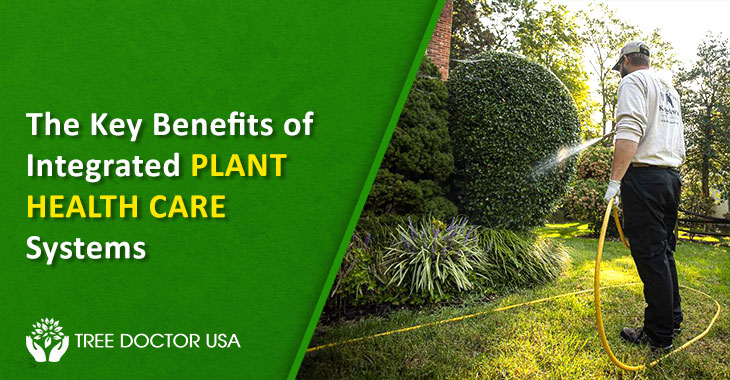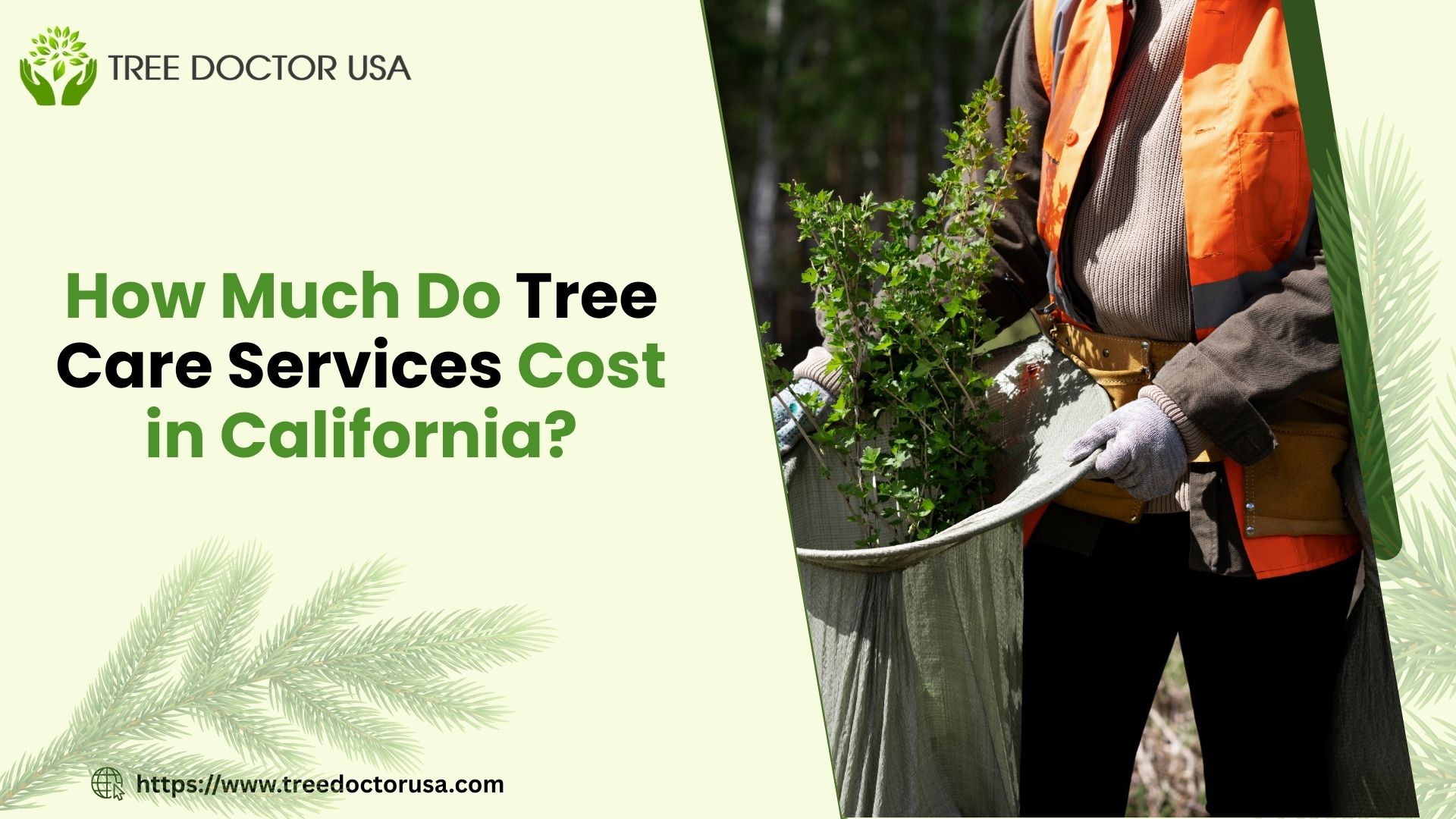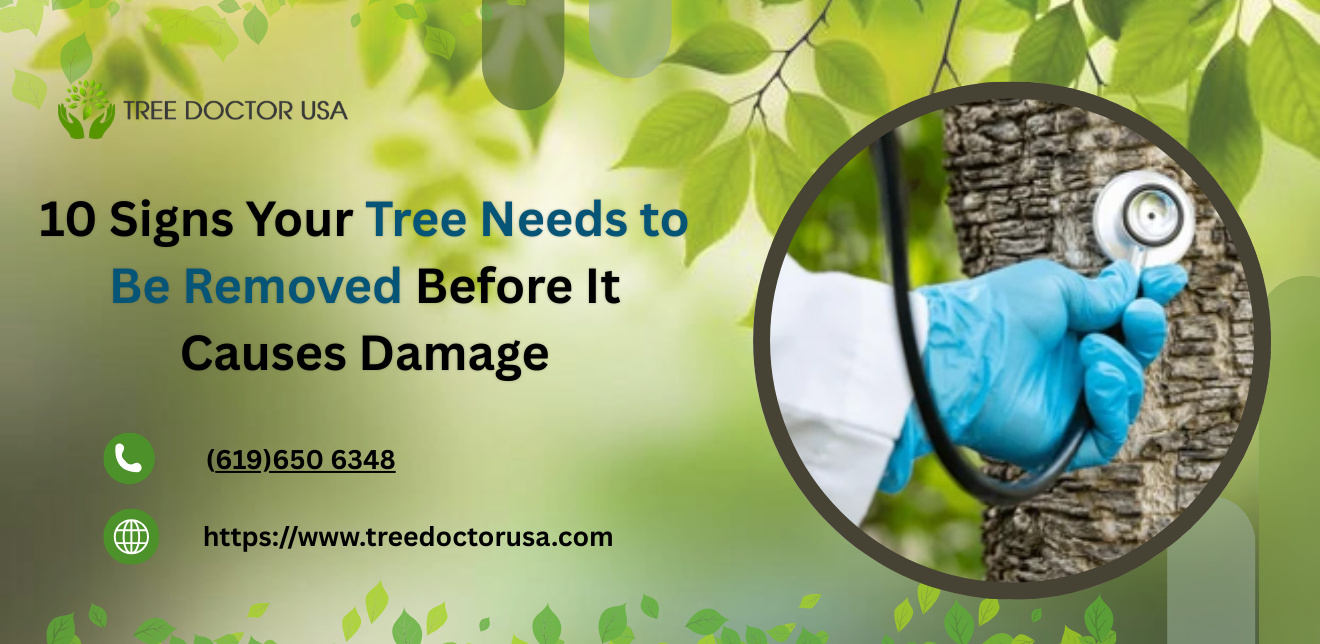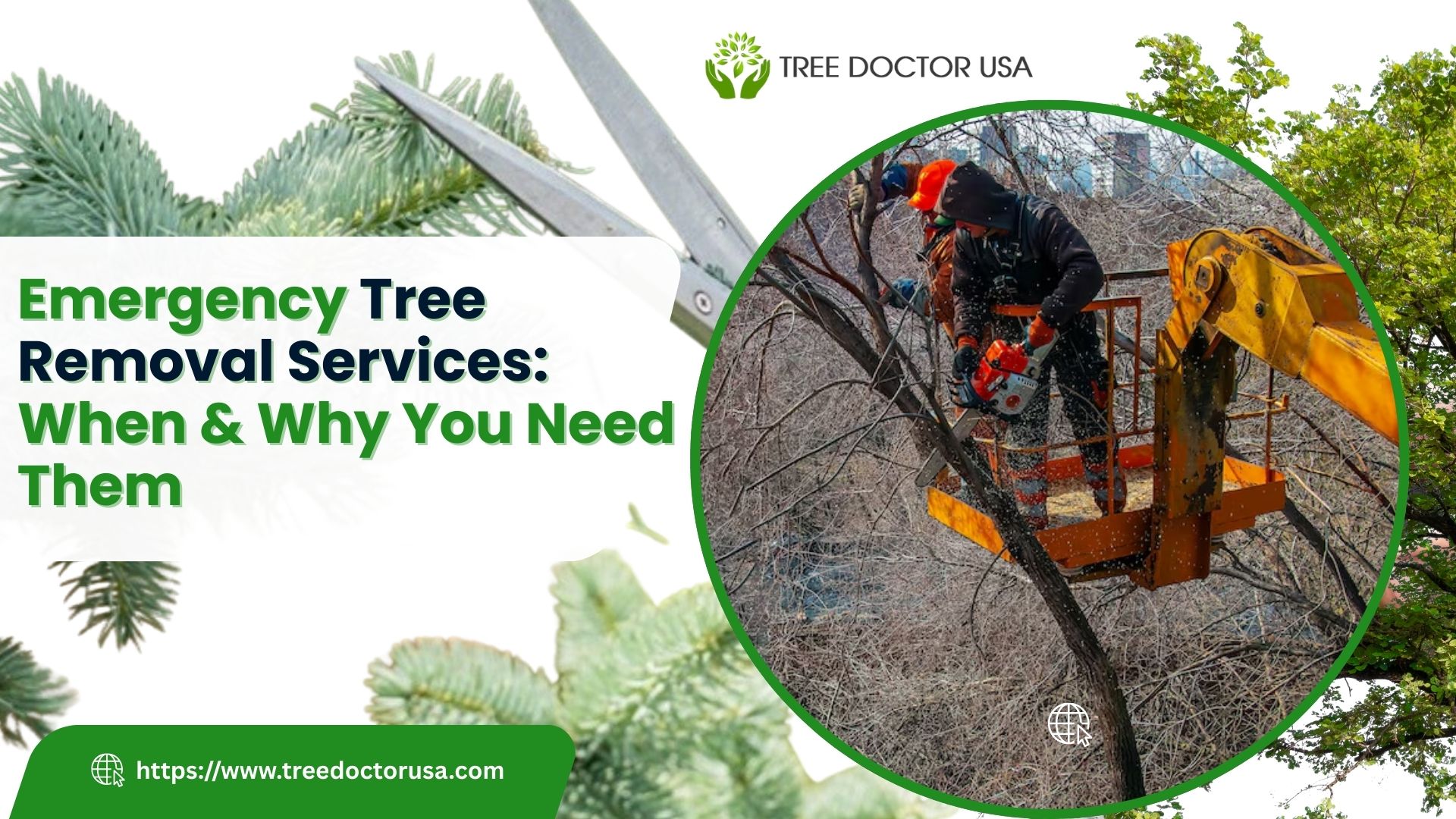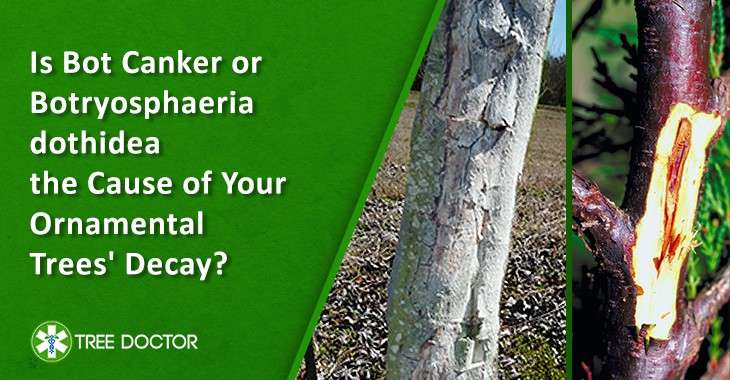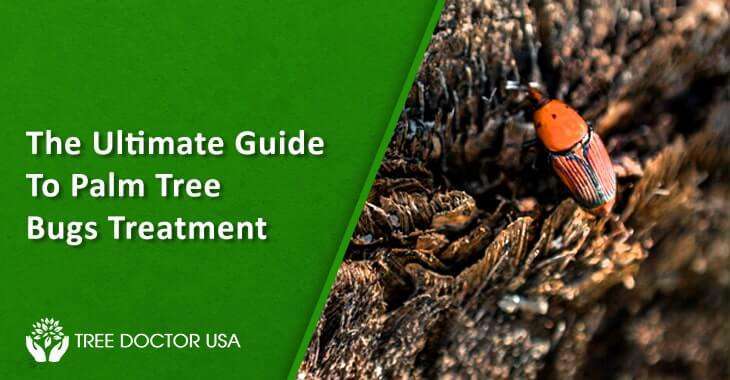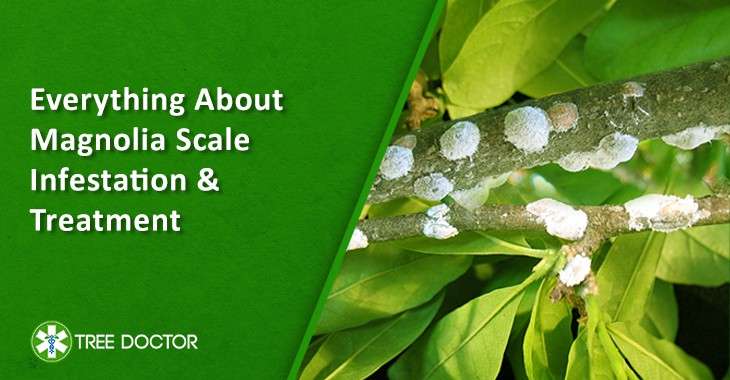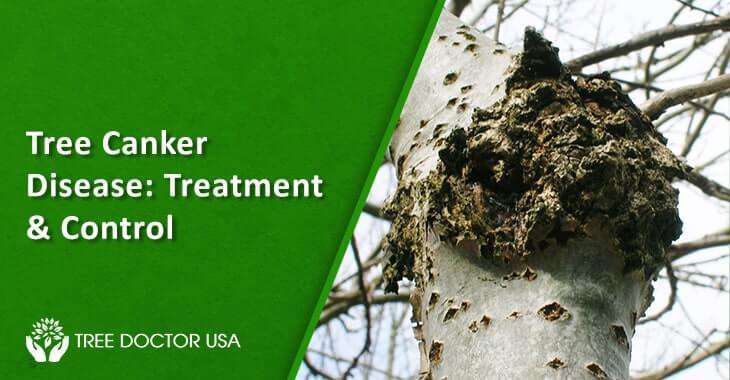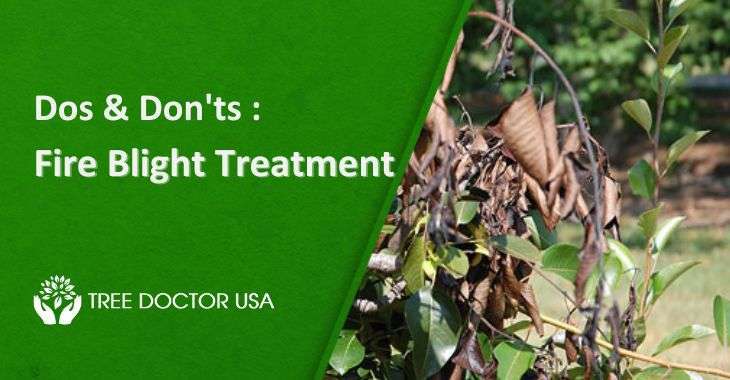The Key Benefits of Integrated Plant Health Care Systems
Plant health care (PHC) extends beyond mere pest control. It’s a holistic approach to supporting plant well-being. It ensures they receive vital nutrients and maintain ideal growing conditions. Additionally, it preventively manages potential risks.
PHC is gaining significance in the modern era. Concerns for sustainability and the environment encourage eco-friendly gardening transitions. PHC helps in this by fostering robust plants that resist pests and diseases. This reduces the necessity for harsh chemical pesticides, thus safeguarding both our plants and the environment.
Integrated Plant Health Care Systems (IPHC) take PHC a step further. This proactive approach emphasizes preventative measures to create an environment where plants can thrive. IPHC considers all aspects of plant health, from soil quality and watering practices to monitoring for potential problems. By focusing on prevention, IPHC helps us create beautiful, healthy gardens while minimizing our environmental footprint.
What is an Integrated Plant Health Care System (IPHC)?
IPHC proactively manages plant health by fostering natural growth conditions and prioritizing prevention over reaction to issues. It combines diverse plant care methods, forming a holistic approach. This approach is focused on long-term sustainability.
Here are the core principles that guide IPHC:
Prevention: The core principle of IPHC is to prevent pest and disease problems proactively. This involves fostering healthy growing conditions through various practices. These methods involve correct soil adjustments, guaranteeing sufficient drainage and supplying appropriate levels of sunlight and water. Also important is choosing suitable plant types for prevention.
Monitoring: Regularly checking your plants for signs of stress is crucial in IPHC. Indications such as drooping, alterations in leaf hue or irregular growth may manifest. Detecting them early permits prompt action, avoiding further deterioration.
Targeted Interventions: Integrated Plant Health Care Systems avoids a one-size-fits-all approach. Instead, it focuses on using a combination of methods specifically tailored to address the identified plant health issue. This may include:
- Cultural Controls: These methods involve changing the plant environment. This is to deter pests and diseases. Actions include removing debris, enhancing airflow and using resistant plants.
- Biological Controls: This approach relies on leveraging natural adversaries of pests and diseases, like beneficial bugs or microbial treatments. IPHC advocates for fostering a robust ecosystem that lures these natural foes and regulates pest numbers.
- Chemical Controls: IPHC only uses chemical pesticides as a last resort, prioritizing environmentally friendly options whenever possible. When chemical controls are necessary, the system emphasizes using targeted products with minimal impact on beneficial organisms and the environment.
Sustainability: IPHC helps plants stay healthy for a long time by taking care of the soil, saving water, and being kind to the environment. They do this by supporting varieties of living things, ensuring the soil stays healthy by adding natural materials and using ways to control pests that are safe for nature.
Key Benefits of IPHC Systems
Locate the advantages of IPHC with a consulting arborist in San Diego. Here’s a closer look at how this holistic approach can transform your plant care strategy:
-
1. Enhanced Plant Health and Growth
IPHC promotes resilient plants through prevention and optimal conditions, enhancing their ability to combat pests and diseases effectively. This helps them stay strong and grow well:
- Reduced Stress: IPHC reduces factors causing stress in plants, such as nutrient deficiency or inadequate watering. This helps plants focus their energy on strong growth and development.
- Improved Aesthetics: Healthy plants with strong leaves and colorful flowers are delightful to see. IPHC promotes the natural beauty of your plants, creating a thriving garden or landscape.
- Increased Yields: When you grow fruits and vegetables, using Integrated Plant Health Care Systems techniques helps you get more and better produce. Healthy plants make more food and are less likely to get hurt, so you can pick more at harvest time.
-
2. Reduced Reliance on Pesticides
IPHC prioritizes sustainable practices over quick fixes. This leads to a major decrease in chemical pesticide necessity. This has several positive implications:
- Safer Food and Environment: Using fewer pesticides means there’s less chance of bad stuff on your food and the environment stays cleaner.
- Reduced Risk of Pest Resistance: Overusing pesticides can make them useless over time because pests become resistant. IPHC works on promoting a healthy plant environment to prevent pests from becoming resistant.
-
3. Improved Economic Efficiency
Taking preventative measures through IPHC saves resources in the long run. Here’s how:
- Reduced Costs: Using too many pesticides can cause them to stop working because pests get used to them. IPHC works to keep plants healthy so pests won’t become resistant.
- Efficient Use of Resources: IPHC encourages specific actions and careful water use. This helps reduce costs for pesticides and watering.
-
4. Environmental Sustainability
IPHC champions practices that benefit the environment in several ways:
- Conserving Water: IPHC encourages methods like proper mulching and efficient irrigation techniques, optimizing water use and reducing waste.
- Encouraging Diversity for Healthy Soil: IPHC promotes variety to support soil well-being. Enriched soil, populated with helpful creatures like worms, naturally repels pests, reducing chemical use and sustaining soil vitality.
Examples of IPHC Practices
If you’re seeking a consulting arborist in San Diego, understanding the core principles of IPHC can guide your approach to nurturing the health of your plants. Here are some specific examples:
Selecting the Right Plants: Start by picking plants that do well in your area’s weather and growing conditions. This reduces stress and susceptibility to problems that might plague less-suited plants. When choosing, factor in sunlight, soil, and water needs for plants.
Organic Fertilizers and Soil Revisions: Feed your plants organic fertilizers. Improve soil with compost. This makes a balanced environment and repels pests and diseases naturally.
Attract Beneficial Insects: The IPHC advises creating a space that draws in helpful bugs like ladybugs, lacewings and minute pirate bugs. These natural adversaries aid in pest control without chemicals. Growing herbs and companion plants with flowers can offer nourishment and shelter for these beneficial insects.
Proper Watering Techniques: Both giving too much water and not giving enough water can stress plants. IPHC suggests smart water methods like watering deeply and using a moisture meter to know when to water, saving water while giving plants enough hydration.
Targeted Biological Controls: IPHC recommends utilizing precise biological methods for pest management when needed. For example, putting good nematodes in your yard to fight lawn bugs or letting ladybugs loose to handle aphids on roses. These targeted approaches mitigate ecological harm.
Conclusion
Ready to explore IPHC for your own plants? Many resources are available to help you get started. Local gardening extension offices, universities with agriculture programs, and online resources from reputable service providers like Tree Doctor USA offer valuable information on IPHC practices.
You can cultivate a thriving landscape and contribute to a healthier environment by adopting the principles of IPHC. Additionally, you can experience the satisfaction of nurturing vibrant plants using sustainable methods. Take the first step towards a more sustainable future for your plants – explore Integrated plant health care today with us!


